Matt Groening made history with his unprecedented hit, “The Simpsons”, a feat many deemed a once-in-a-generation triumph.
Yet, in partnership with some of the industry’s finest, including “Simpsons” writer and “Futurama” co-creator David X. Cohen, he demonstrated that their creative reservoir was far from depleted with the release of another standout show, “Futurama.” This extraordinary series, noted for its idiosyncratic humor, heartfelt moments, and unique storylines, continues enthralling audiences.
Among the best-loved “Futurama” episodes are Jurassic Bark, The Luck of the Fryrish, Meanwhile, The Sting, and Roswell That Ends Well.
Prepare yourself for a rollercoaster ride of emotions, as these episodes guarantee a blend of laughter, tears, and on occasion, a simultaneous surge of both.
Must Watch Futurama Episodes
Across 140 episodes that aired between 1999 and 2013, the Planet Express team set off on adventures spanning from hilariously outrageous to deeply moving. So, pop open a can of Slurm and continue reading to discover the top 15 episodes (to date) of “Futurama.”
Hopefully, the revival on Hulu has a few episodes that can be added here.
16Space Pilot 3000 – Season 1 Episode 1
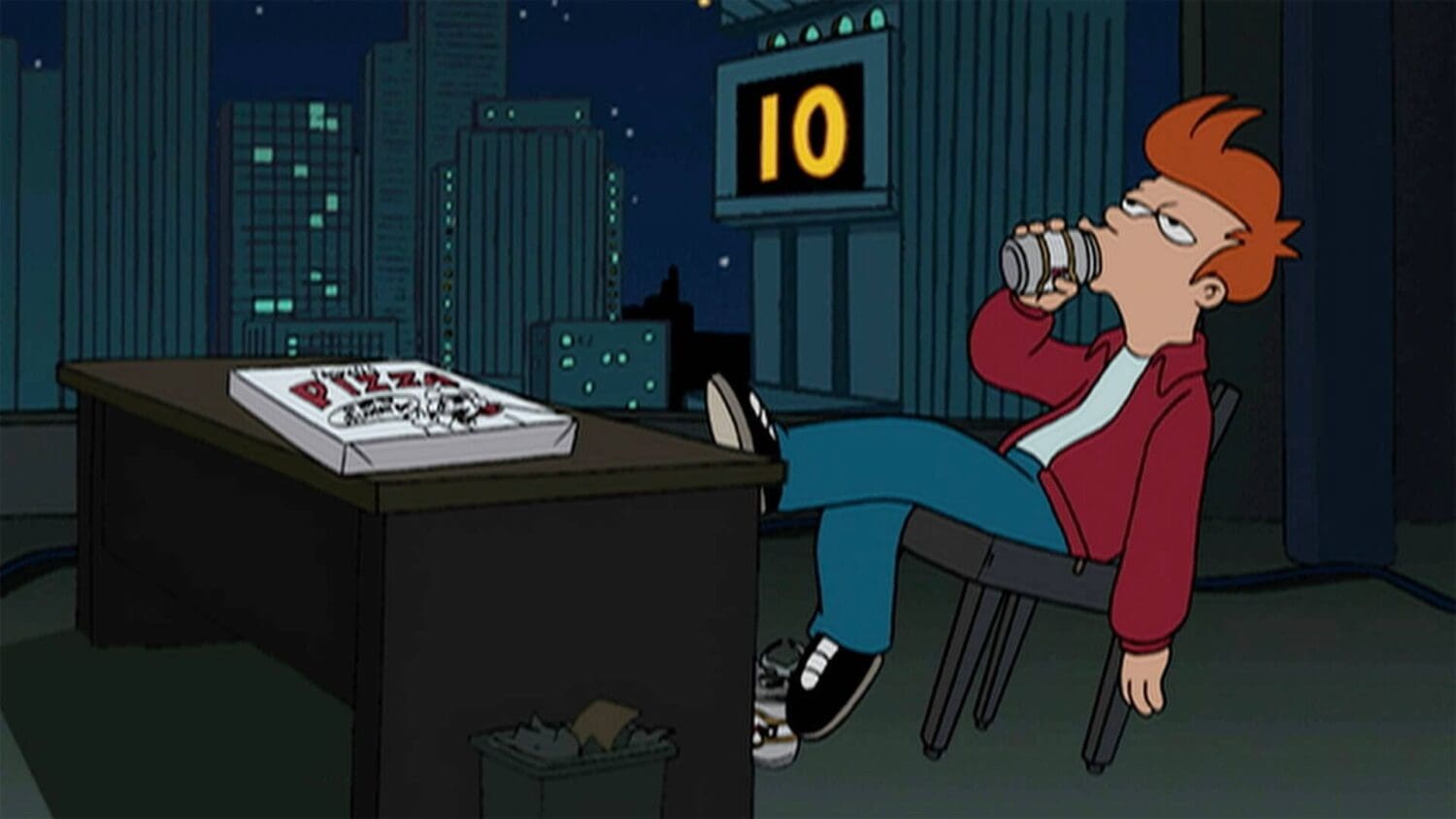
This unforgettable pilot episode of “Futurama” kicks off with a strong start, featuring Fry who inadvertently propels himself into the future. On the New Year’s Eve of 1999, Fry grapples with a monotonous pizza delivery job, where he responds to prank calls from the faux “I.C. Weiner” of Applied Cryogenics. Unintentionally, while eating the pizza meant for the prankster, he locks himself in a cryogenic tube, waking up to find himself in the year 3000.
Admirers of “Futurama” frequently use the show’s heart-wrenchingly sad episodes to demonstrate its value. However, “Futurama” equally shines when showcasing other emotions. Few episodes exude the joyful aura of this one, overflowing with a sense of boundless opportunity. The pilot episode may seem a little faded compared to the forthcoming content, but that’s only because the following seven seasons remarkably uphold the potential promised by it.
15The Why of Fry – Season 5, Episode 8
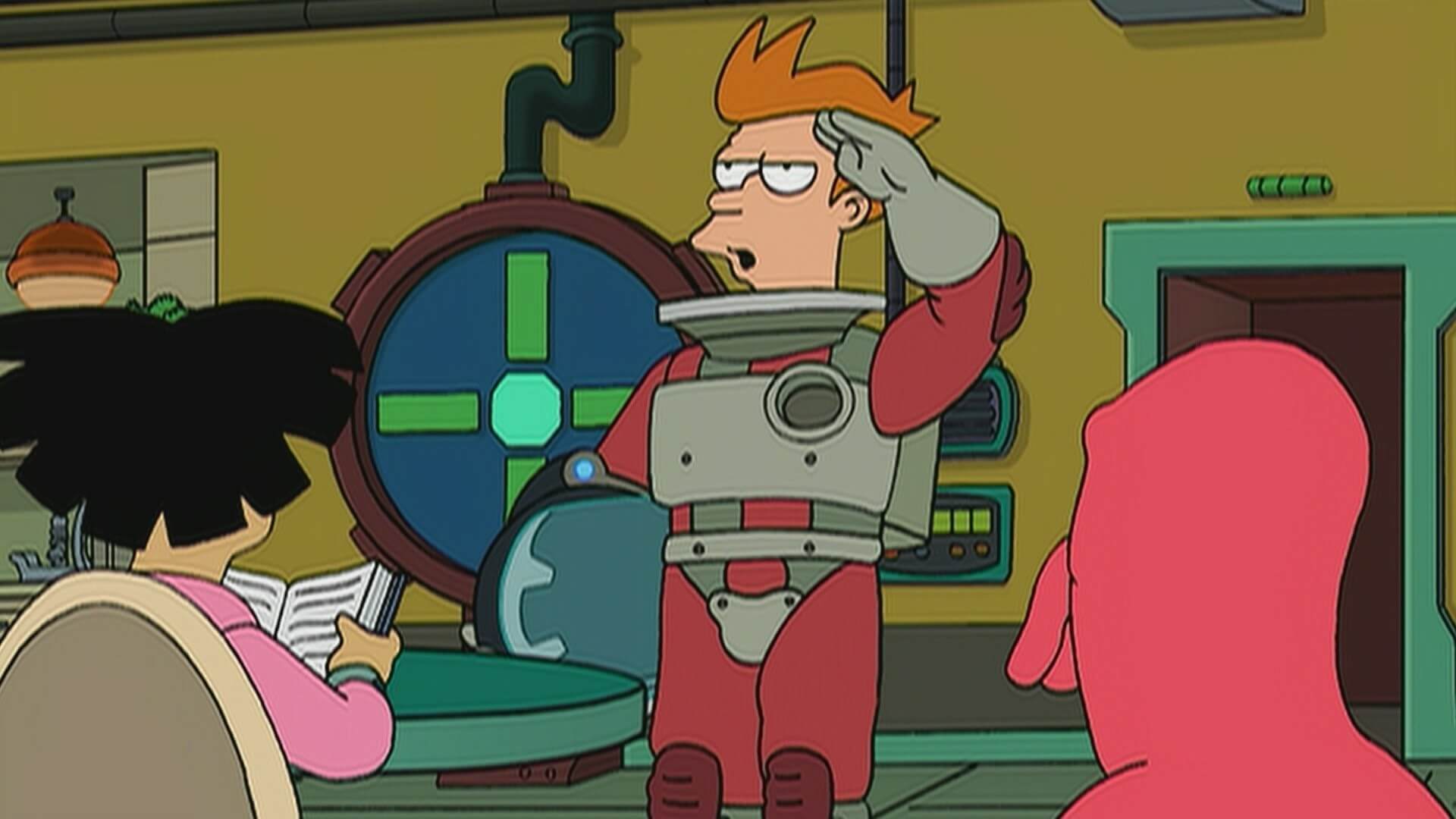
In a sequel to “The Day the Earth Stood Stupid,” “The Why of Fry” reveals that Fry’s 1000-year cryogenic sleep wasn’t coincidental, but a scheme by Nibbler to equip Fry to counter the Brain Spawn’s imminent threat.
This episode significantly alters the “Futurama” lore, managing to blend an ambitious storyline into an animated comedy show. Aired two years after its prequel, “The Why of Fry” remains a testament to the show’s impressive foresight.
14Brannigan, Begin Again – Season 2, Episode 6
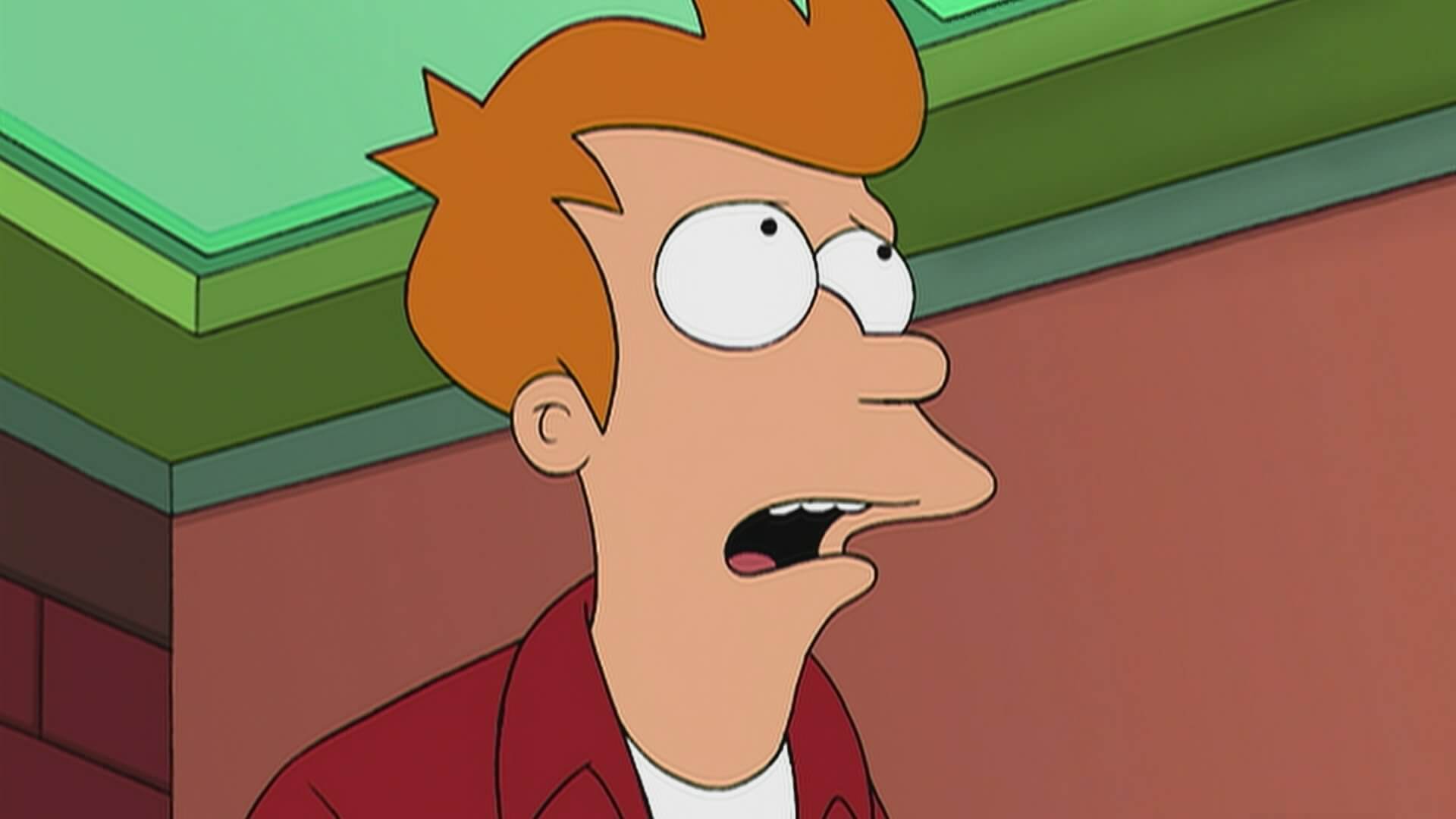
The Democratic Order of Planets (D.O.O.P.) prepares to inaugurate its new headquarters orbiting the Neutral Planet, and the Planet Express crew is assigned to deliver the ceremonial giant scissors. Zapp Brannigan disrupts the event, suspecting the Neutral Planet of malevolence and destroying the new headquarters. Subsequently, a demoted Zapp and Kif join Planet Express, per Professor Farnsworth’s belief in enhancing the company’s image.
Zapp Brannigan, one of “Futurama’s” most amusing characters, consistently drives ludicrous plotlines with his arrogance. The episode features a humorous nod to “Midnight Cowboy” and an ingenious spin on “Star Wars Episode IV: A New Hope’s” holographic chess scene.
13The Problem with Popplers – Season 2, Episode 18
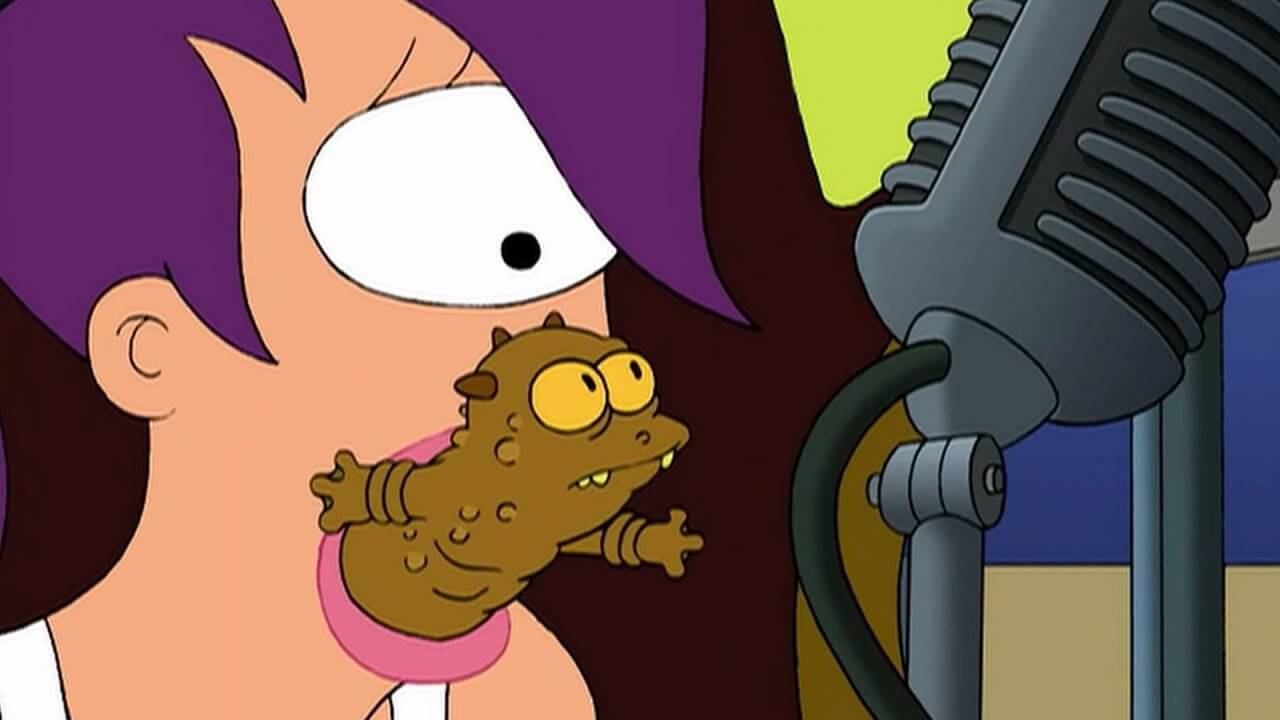
“The Problem with Popplers” sees the Planet Express crew relishing a tasty new snack, “Popplers,” which they later discover are sentient beings.
The episode gains notoriety for featuring Lrrr, ruler of Omicron Persei 8, who threatens to consume Earth’s populace in retaliation for their consumption of Popplers. Beyond this, the episode effectively satirizes corporate fast food chains.
12The Farnsworth Parabox – Season 5, Episode 10
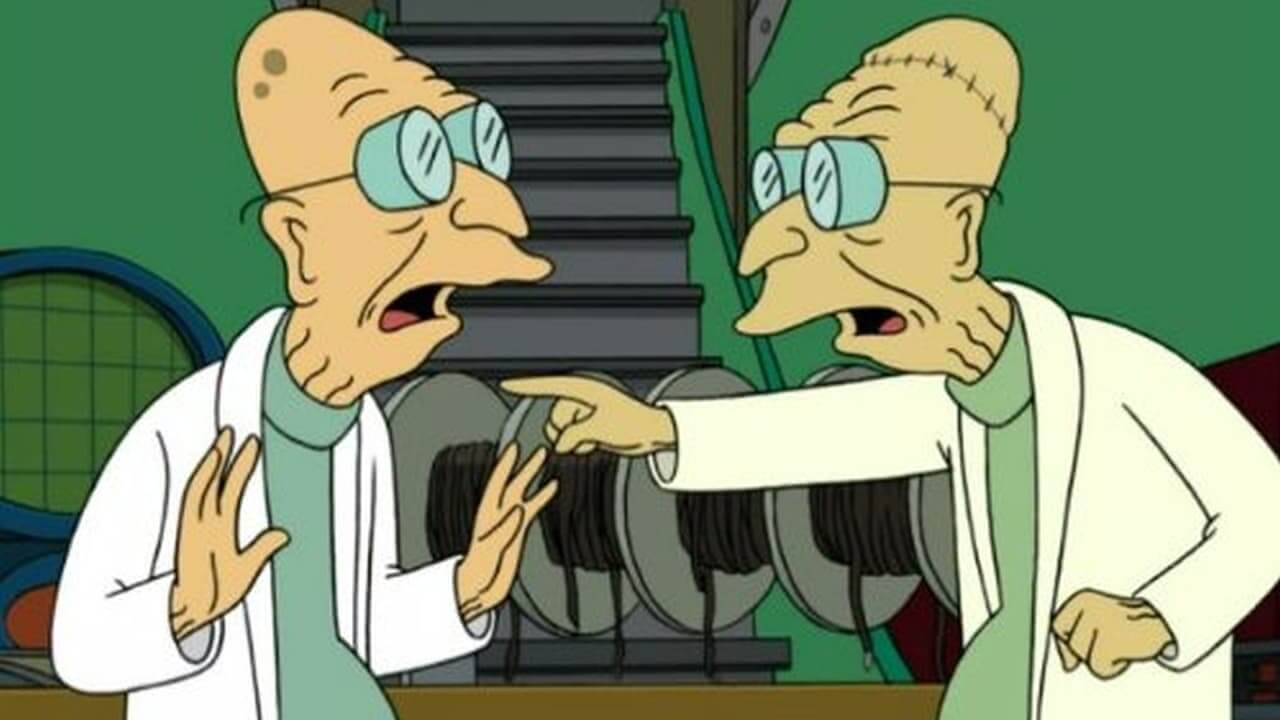
“Futurama” embraces a science fiction subgenre in its Season 4 parallel universe episode. Farnsworth’s near-catastrophic experiment results in a mysterious box that, despite his warnings, Leela investigates, revealing a parallel universe with an alternate Planet Express.
The entertainment of characters engaging with their counterparts never wanes. Farnsworth’s dry humor adds to the episode’s charm, but the narrative further elevates with the Zoidbergs stealing the box, leading the cast on a chase through multiple parallel universes.
11The Devil’s Hands Are Idle Playthings – Season 5, Episode 16
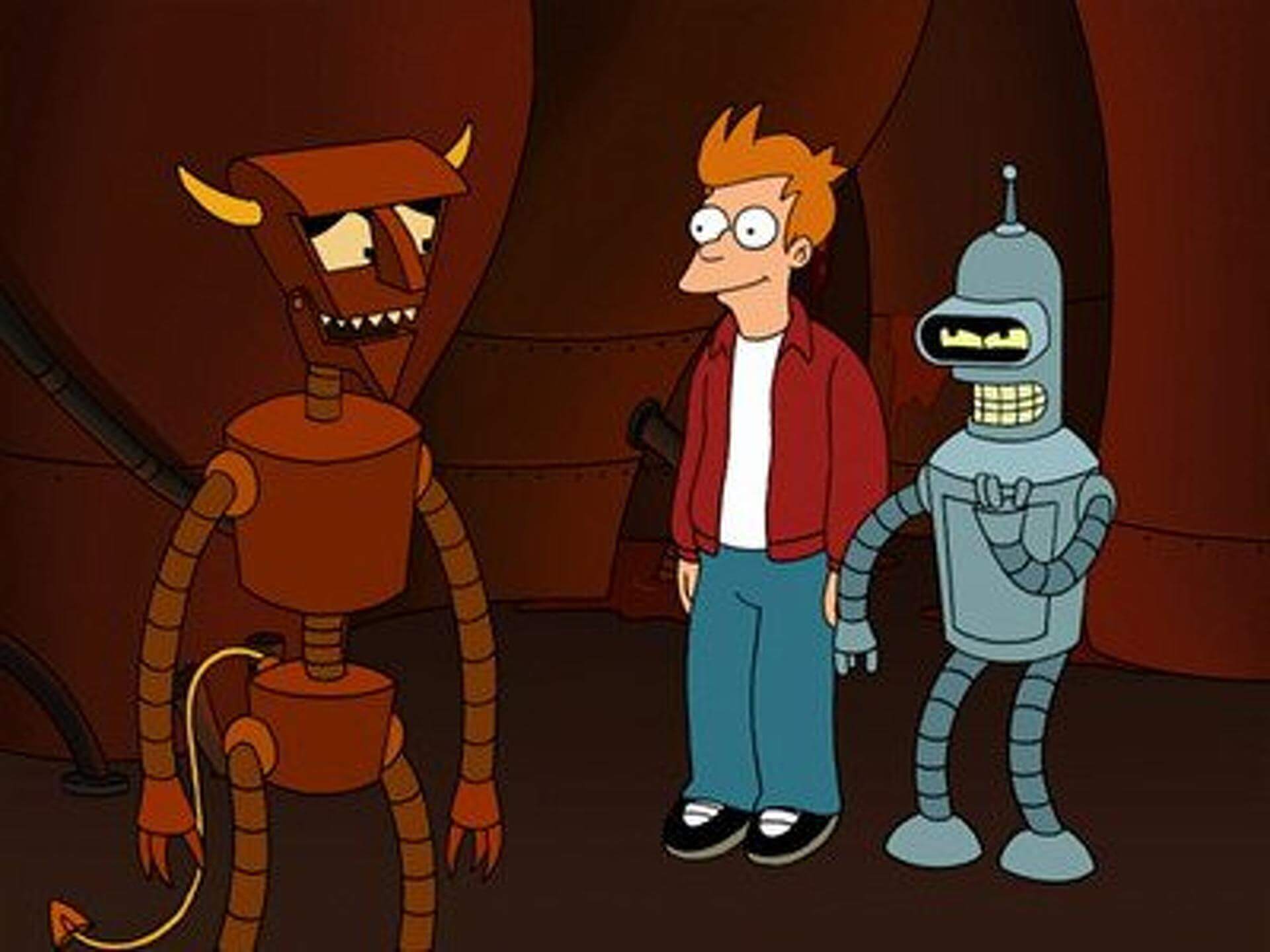
To impress Leela, Fry learns the holophonor and, with Bender’s encouragement, strikes a deal with the Robot Devil, exchanging their hands. Now a gifted holophonor player with the Robot Devil’s hands, Fry is commissioned to create an opera about Leela’s life. However, feeling cheated, the Robot Devil is determined to reclaim his hands, jeopardizing Fry’s attempts to woo Leela.
“The Devil’s Hands Are Idle Playthings,” originally meant as the series finale before “Futurama’s” revival, mostly settles the budding romance between Fry and Leela, leaving room for speculation. The Robot Devil’s exaggerated character wonderfully balances the show’s sentimental tones.
10Less Than Hero – Season 5, Episode 6
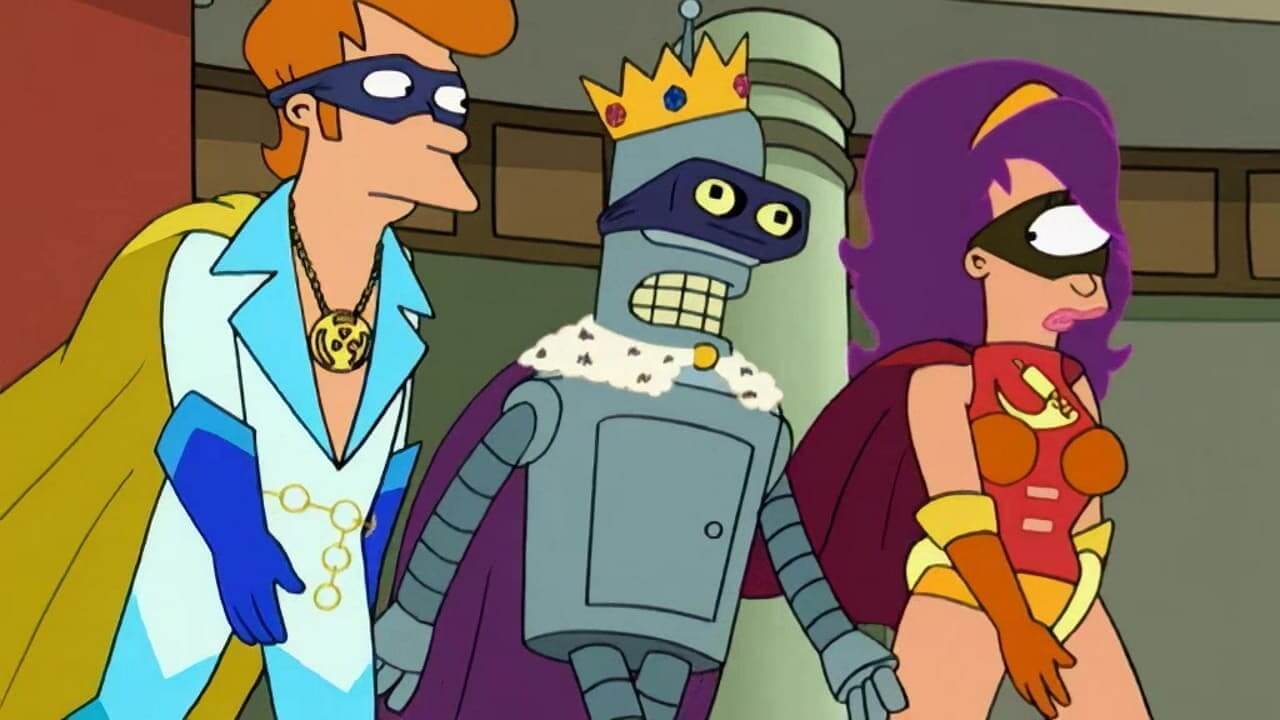
Following a strenuous task for the professor, Fry and Leela receive a “miracle cream” from Dr. Zoidberg that not only soothes their aches but also enhances their physical abilities. This spurs them to become superheroes – Fry as Captain Yesterday and Leela as Clobberella, joined by Bender, now Super King, as the New Justice Team. Their challenge arises when arch-villain, the Zookeeper, kidnaps Leela’s parents, coercing them into criminal activities for their safety.
“Less Than Hero” showcases “Futurama’s” knack for satirizing genres and pop culture, here, Saturday morning cartoons. The episode brilliantly exploits this theme, highlighting superhero cliches through a cheesy villain and the New Justice Team’s theme song.
9Amazon Women in the Mood – Season 3, Episode 5
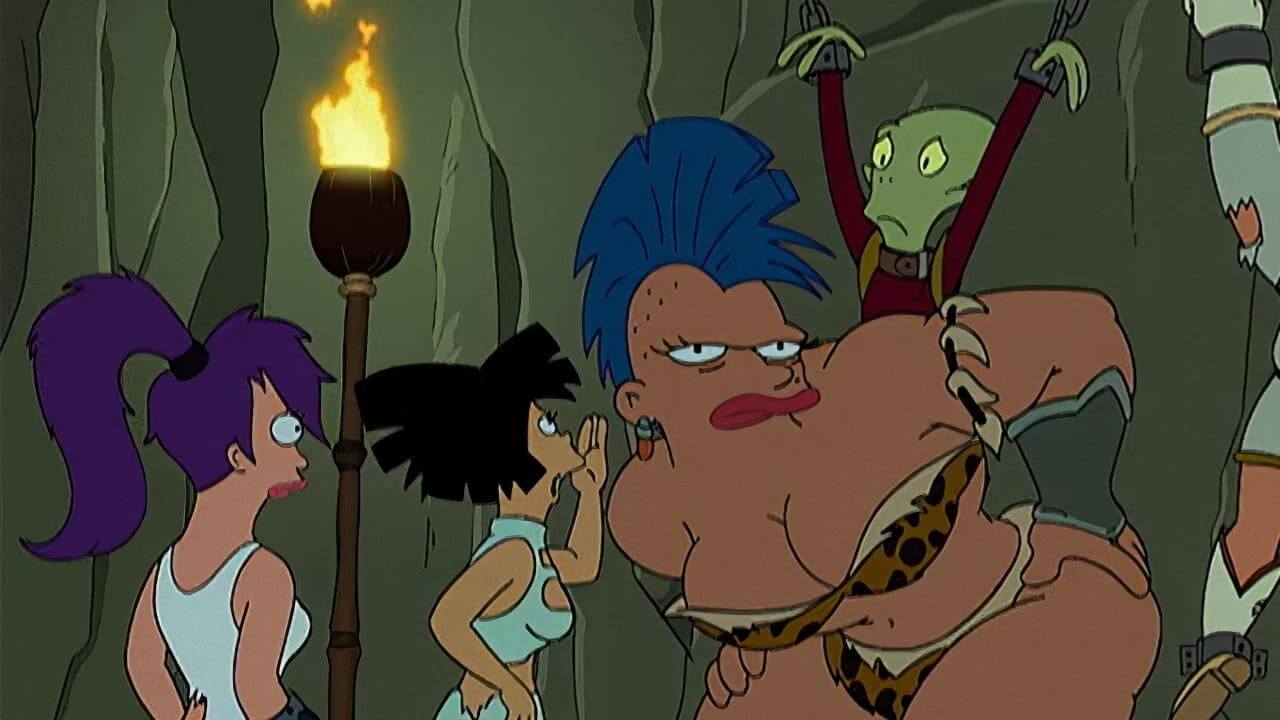
On a double date aboard a space liner, Zapp Brannigan’s atrocious karaoke performance prompts all passengers to flee, leading to a crash landing on Amazonia, home to powerful, towering women. When Fry and Bender’s rescue attempt goes awry, they’re captured, complicating matters as Leela and Amy align with the Amazonians.
Undeniably, “Amazon Women in the Mood” stands as one of “Futurama’s” funniest and most risqué episodes, with the “snu-snu” punishment joke being particularly notable. Bea Arthur’s portrayal of the Amazonians’ leader, the giant computer “Femputer,” adds a delightful dry wit to the episode.
8The Luck of the Fryrish – Season 3, Episode 10
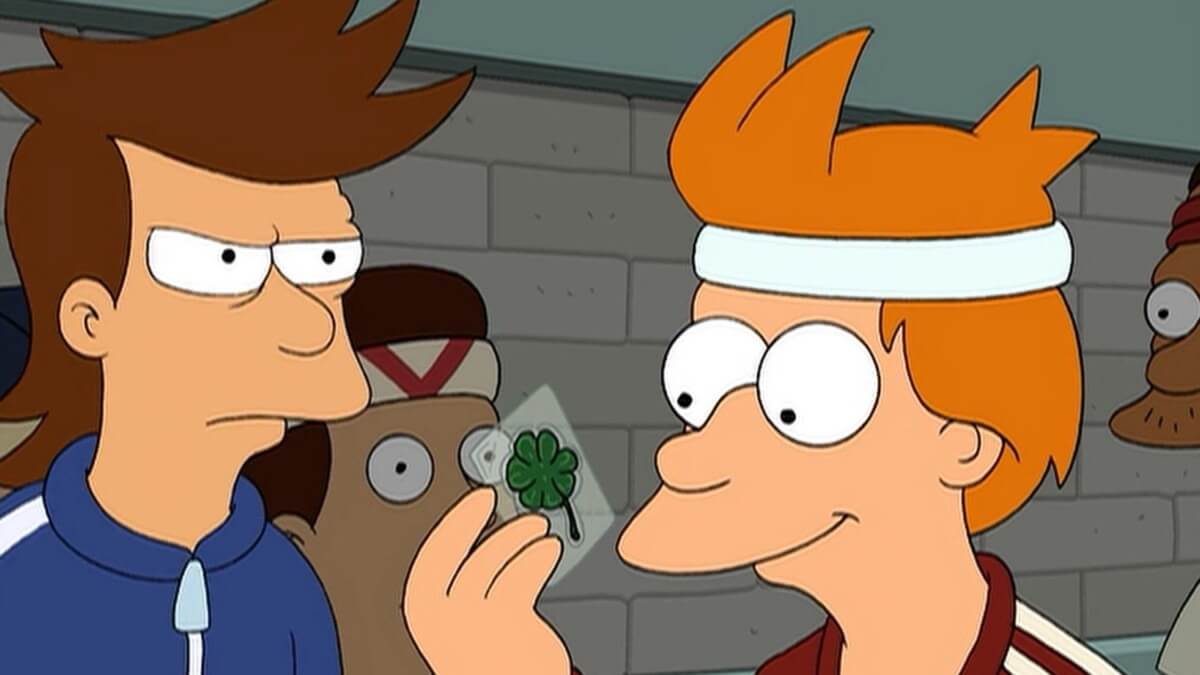
Following a series of unfortunate events, Fry embarks on a quest to locate his auspicious seven-leaf clover. When it’s missing from its usual spot, he becomes suspicious that his brother, Yancy (voiced by Tom Kenny), might be responsible for its disappearance.
This suspicion escalates upon discovering a statue bearing his brother’s figure with Fry’s name inscribed on it, leading Fry to conclude that Yancy stole not only his unique clover but his identity and dreams of becoming an astronaut.
This episode skillfully intertwines an impactful message about familial ties and legacy. It incorporates a series of revealing flashbacks that depict Yancy’s envy of Fry while also introducing new insights about their family history. The story climaxes with a final flashback, reinterprets everything we’ve seen so far and culminates in one of Futurama’s most poignant and emotional scenes.
7The Prisoner of Benda – Season 7, Episode 10
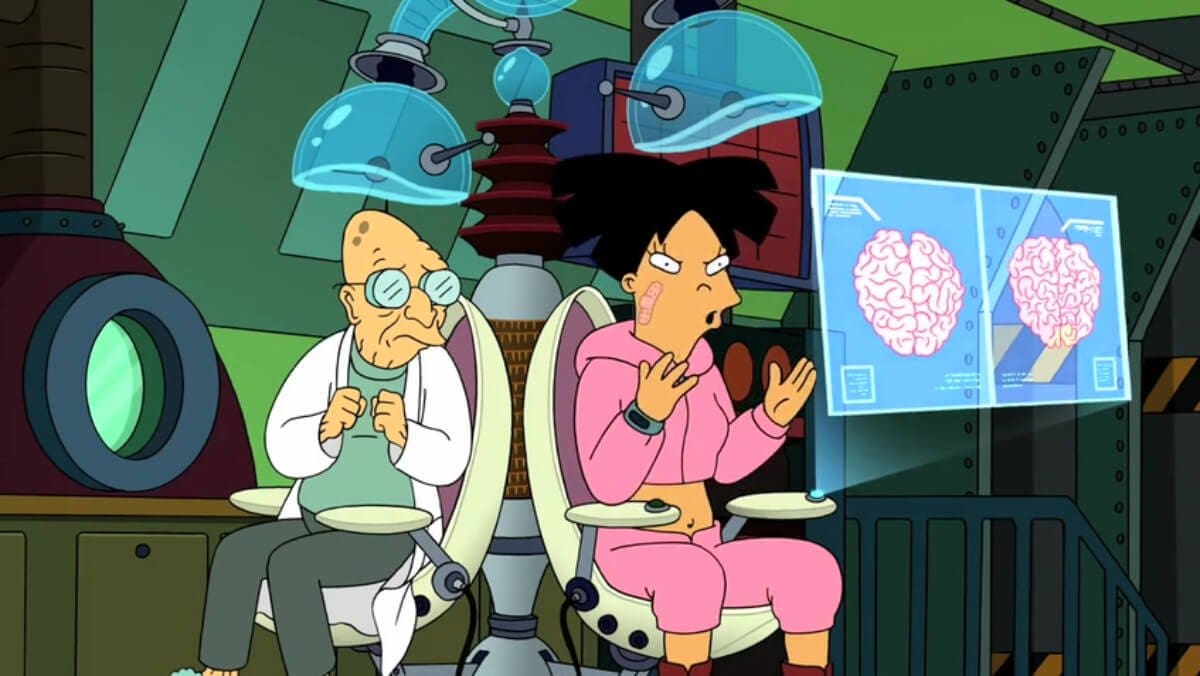
Season 6’s “The Prisoner of Benda” starts with Linda and Morbo’s humorous doomsday news announcement, leading to Farnsworth perfecting his brain-switching machine. This sparks a complex plot resolved by a convoluted, genuine mathematical theorem.
In its 22 minutes, the episode compresses a plethora of events: Bender’s theft of the Robo-Hungarian crown jewels, Fry and Leela’s relationship progression (in Zoidberg and Farnsworth’s bodies), the Professor’s daredevil circus stint as Nonchalanto, and a humorous illicit romance between Scruffy the janitor and his robotic wash bucket. Remarkably, the audience never loses track, a testament to the writers. Despite the body switch, the animators also deserve commendation for their precision in retaining character-specific physical tics.
6Roswell That Ends Well – Season 4, Episode 1
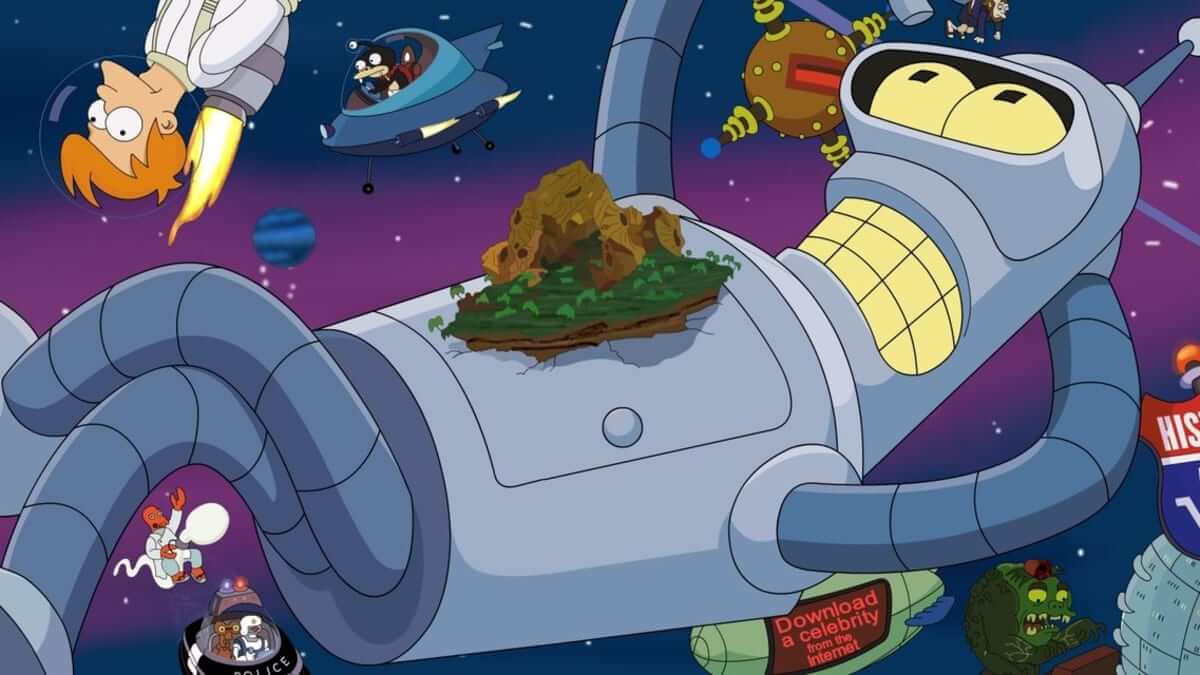
When Fry unintentionally transports the Planet Express crew to 1947 Roswell, New Mexico, Bender’s body is destroyed. While most seek a route back to their era, Zoidberg remains to repair Bender, only for the U.S. military to capture and experiment on them. Meanwhile, Fry encounters his grandfather Enos at the base and surprisingly finds himself attracted to his grandmother.
“Naturally, “Futurama’s” creators would explore time travel, even if it required bending their rules. They effectively blend references to classic time travel films, like “Terminator” and “Back to the Future,” with imaginative gags. Zoidberg’s alien-like experimentation is comically brilliant, but Fry accidentally becoming his own grandfather is the highlight.
5The Sting – Season 5, Episode 9
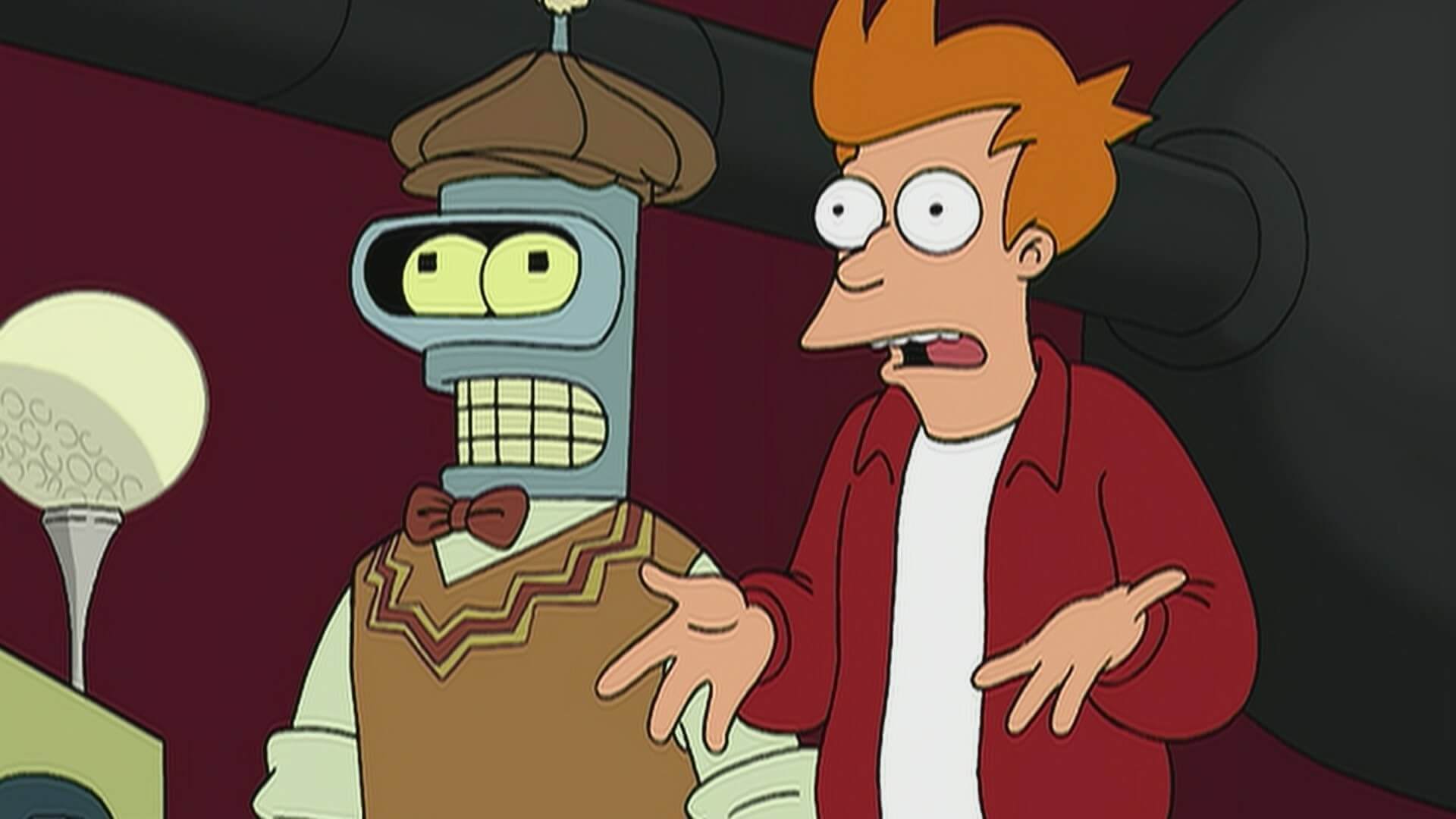
In “The Sting,” Leela coerces Fry and Bender into gathering honey from lethal space bees to prove their worth over the Professor’s old crew.
When a baby queen bee fatally stings Fry, a grief-stricken Leela begins hallucinating Fry’s presence, questioning her reality. Sagal’s stellar performance as Leela enhances the emotional depth, and a clever twist ending invites re-watches to reevaluate earlier scenes and dialogues.
4The Late Philip J. Fry – Season 7, Episode 7
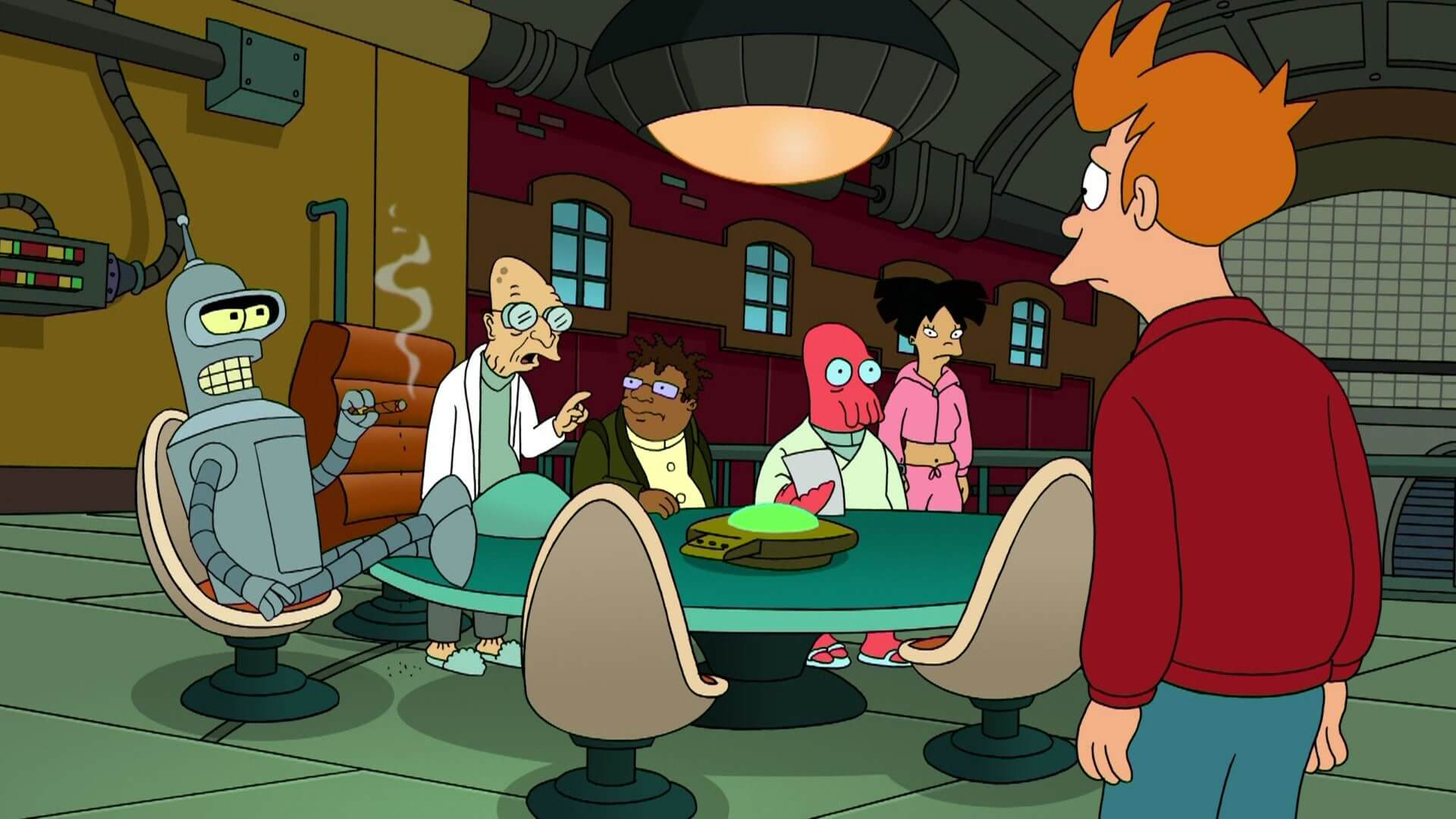
Fry and Leela’s ambiguous relationship gravitates towards certainty in the post-revival phase. Rather than being a dead-end, this evolution instigates some of the series’ finest episodes, including a Season 6 gem. However, their dating life hits turbulence when Fry arrives late to Leela’s birthday lunch, promising to compensate later. Unexpectedly, the Professor entangles him and Bender in a one-way time-travel experiment, catapulting them to 10,000 A.D.
Leela’s future life without Fry, and her eventual understanding that Fry never intended harm, are poignantly depicted. Similarly touching is the existential sorrow as Fry and Bender witness the universe’s heat death, deciding to share a beer and watch everything end.
3Teenage Mutant Leela’s Hurdles – Season 5 Episode 7
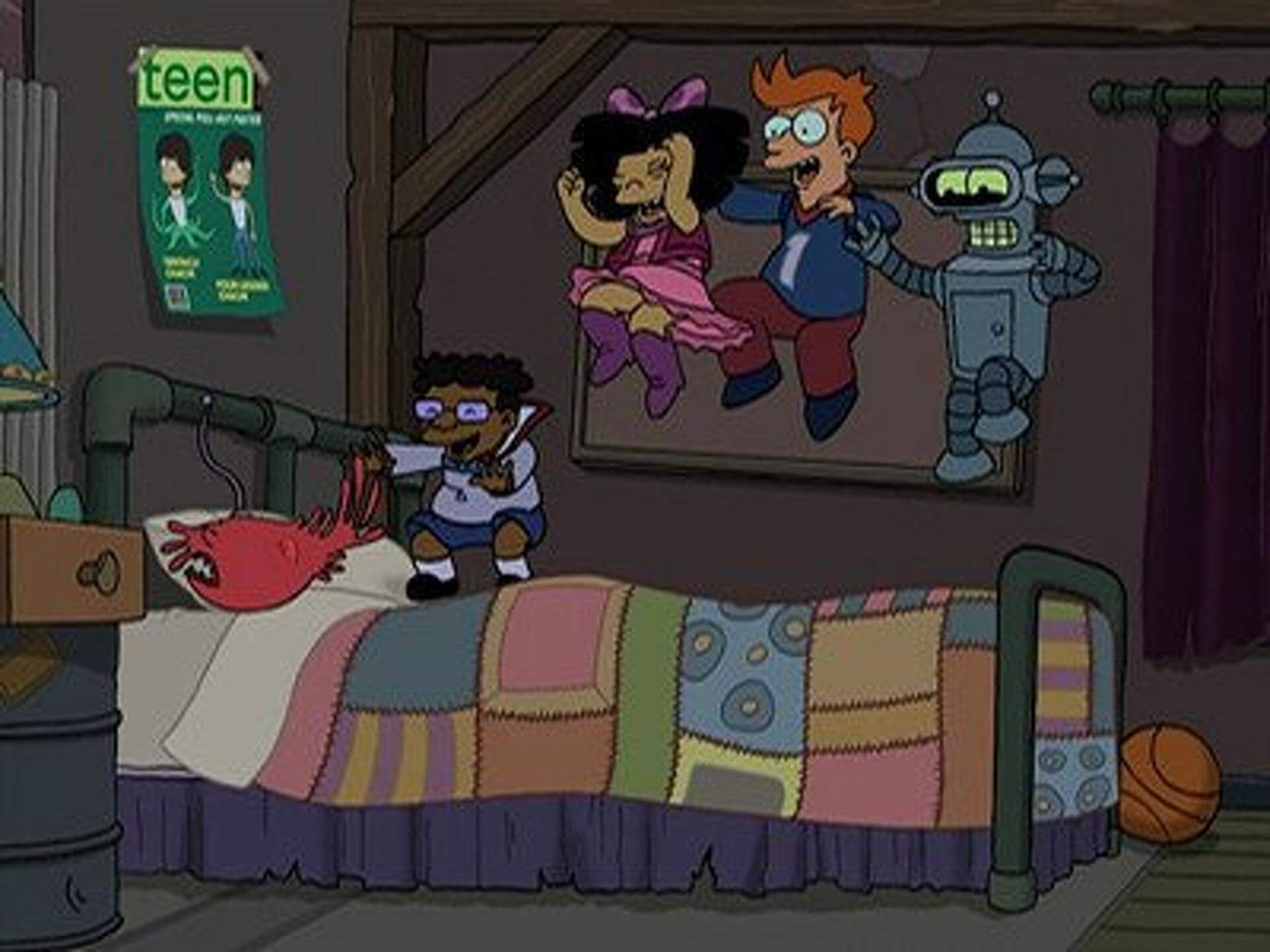
“Teenage Mutant Leela’s Hurdles” explores Leela’s bond with her parents, Morris and Munda, resulting in one of “Futurama’s” funniest episodes. It begins with the Professor chasing his pet gargoyle (“Pazuuuuuzuuuuuu!”), spawning a series of humorous age-related gags. The Planet Express crew decides to “euthanize” him, but Bender’s enthusiasm leads to the entire team inadvertently de-aging.
The spectacle of the protagonists reliving their awkward youth is comically delightful. Leela revisits her teenage years with her uncertain parents (“No beer till you’ve had your tequila!”). Before this plot exhausts its humor, the Professor’s efforts to restore the crew introduce fresh comedic elements, especially Zoidberg’s life stages. The hilarity persists through to the end credits.
2Meanwhile – Season 10 Episode 13
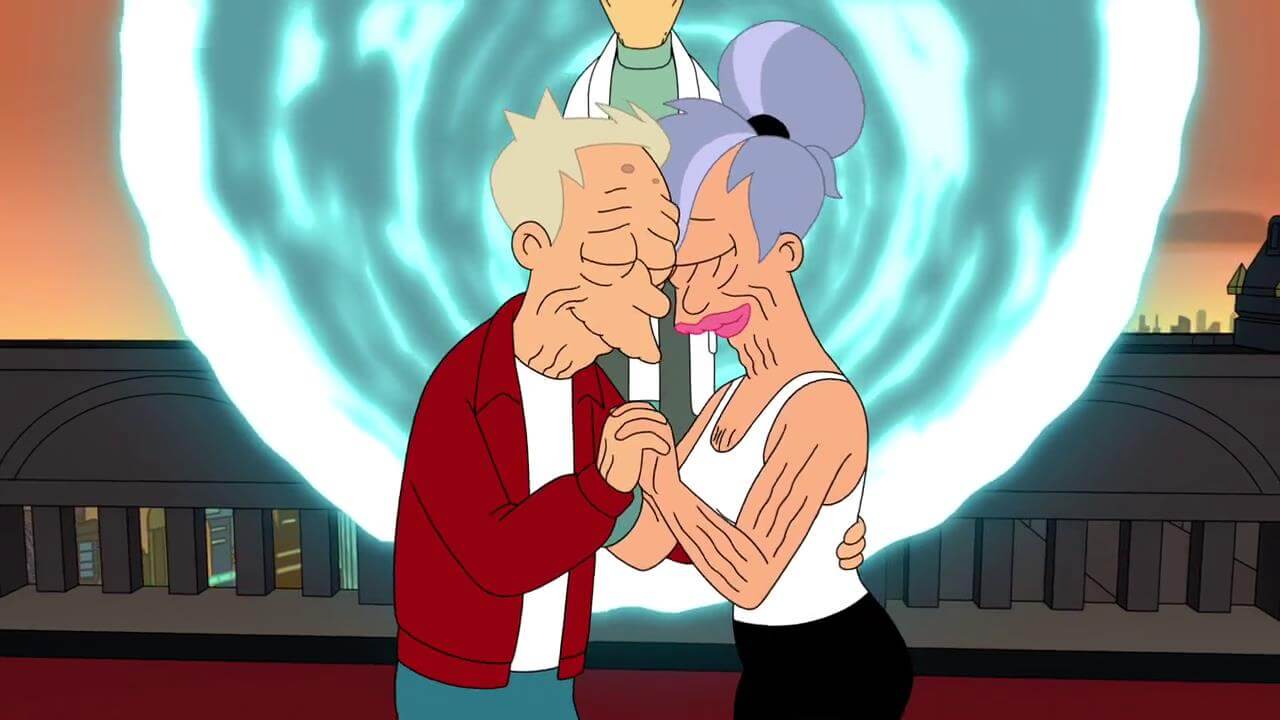
After a series of near misses and comebacks, “Futurama” concluded in 2013 with Season 7’s “Meanwhile.” This finale brings Fry and Leela back to Luna Park, their initial mission site, while infusing self-deprecating humor through Leela’s commentary on the series’ perceived quality dip post-first cancellation. Predominantly, “Meanwhile” exhibits significant character growth, notably Fry’s decision to propose following a near-death experience.
The narrative incorporates the Professor’s “time button,” trapping Fry in a repetitive loop of plummeting off the Vampire State Building. Despite the contrived suicide plot, Billy West’s exceptional performance as Fry injects profound emotion. This blend of grim humor and raw emotion peaks when Fry gets caught in another deadly loop.
1Jurassic Bark – Season 5, Episode 2
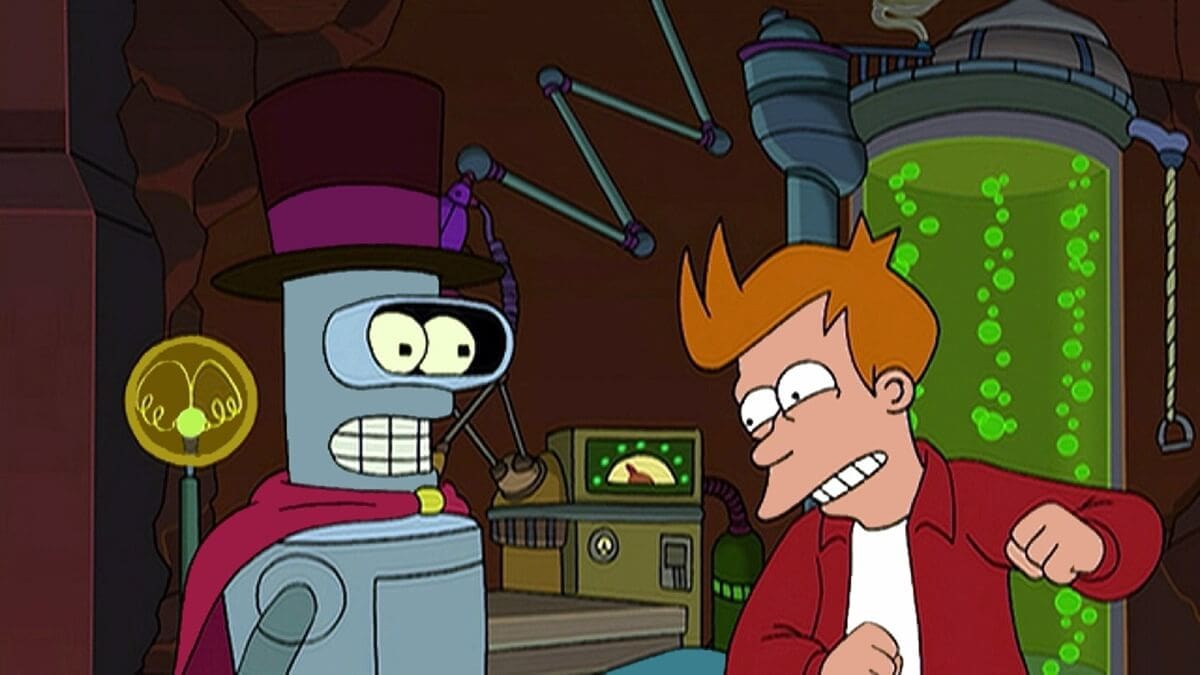
The episode that affirmed “Futurama” as more than just a humorous cartoon is a must for any fan. In this episode, an excavation unveils Fry’s fossilized dog, Seymour, prompting Fry’s quest to clone his dear pet. “Jurassic Bark” evokes a strong emotional connection with Seymour, a unique street dog brought to life by Frank Welker’s voice acting, which lets us feel Seymour’s pain when Fry vanishes.
The episode also explores Bender’s emotional struggle as his jealousy over Fry’s attachment to Seymour nearly sabotages everything until Fry’s friendship inspires a shift to selflessness. The episode culminates in a powerful montage, showcasing Seymour’s deep loyalty, a moment that stands as one of the most striking in animation history.